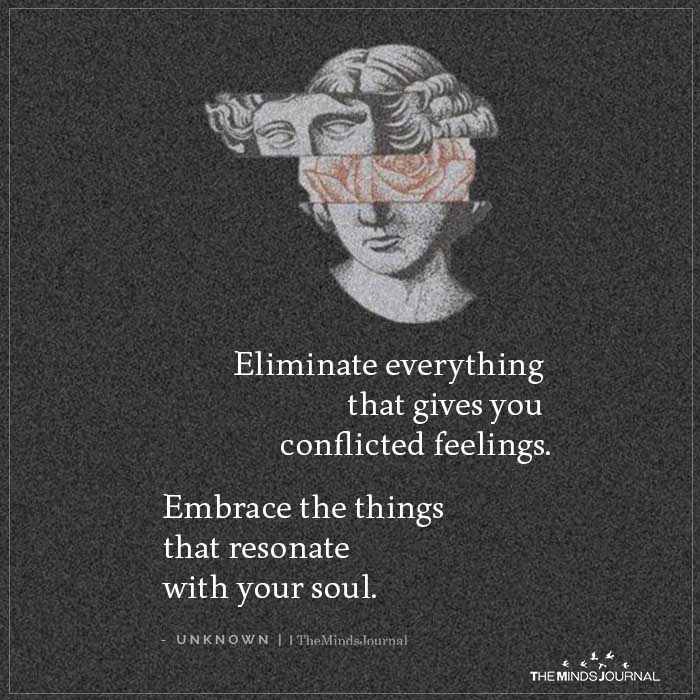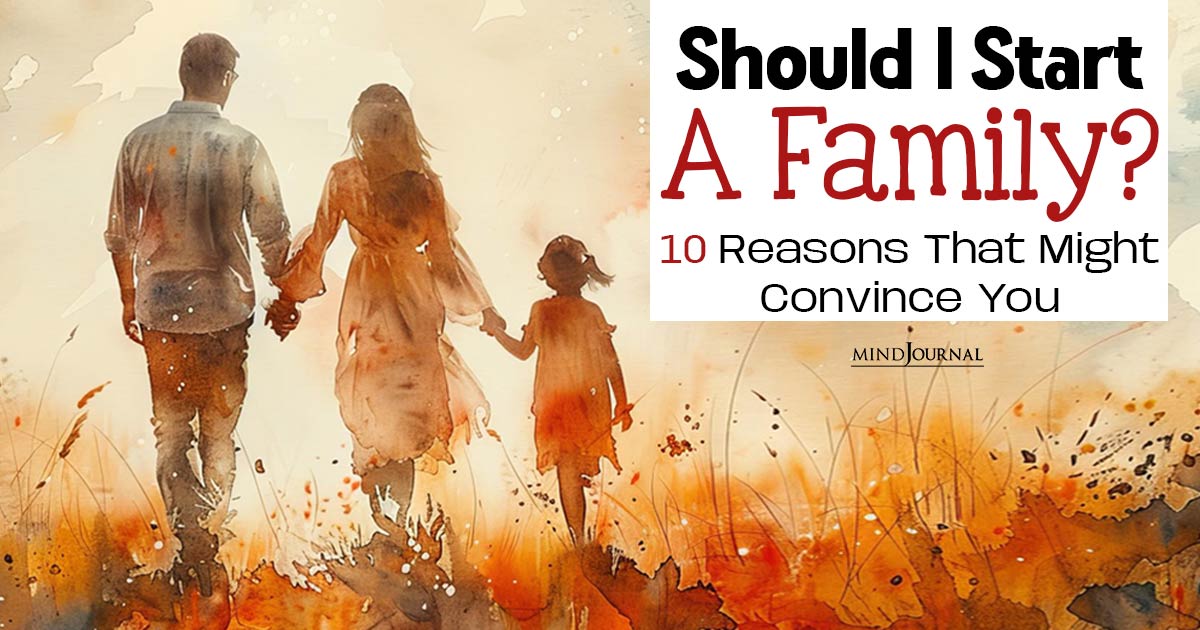When you argue with your partner, is your intention to tell them you’re hurt, or do you want to hurt them back? Resolving a conflict in relationships may be important for you, but building an unshakeable emotional connection with your partner is the key to a lasting relationship.
There is a misconception that conflict in relationships is the root of a relationship’s demise. Watching a couple of fight, it may seem that way.
Steph: “Our house is always a chaotic mess!”
Julian: “It’s not my fault, I don’t have time to do everything.”
Steph: “You mean the dirty clothes you leave on the floor outside the bathroom? Even our son puts away his clothes. I’m glad he didn’t turn out to be a slob like you.”
Julian: (Large sigh) “That’s because you scream at him if he doesn’t. No one can ever be clean enough for you.”
This couple is caught in a pattern of defensiveness, personal attacks, and contempt. But how did their relationship get to such a nasty place?
A research study that followed 168 couples for 13 years discovered that the number one predictor of why couples split was not how often the couple fought, but how little affection and emotional responsiveness they offered one another.1
Additional research validates that relationship distress was predicted by a partner who was unsupportive in their response – by minimizing a problem, not wanting feelings to be expressed, offering unhelpful advice, and insisting on their partner using that advice.2
In contrast, quality emotional support such as reassurance of feelings and seeking to solve the problem together was a predictor of relationship health.
Read Why You Should Never Give Up On Someone You Love, Even When It’s Hard
Negativity is a Result of Negative Responsiveness
Attachment theory maintains that we have an internal system that monitors a connection in a relationship. I think of it as a radar system. We send out a signal and if we receive a positive signal back, we stay calm and have faith that our partner is there for us when we need them.
The signal we send out is what Dr. John Gottman calls a bid for emotional connection. This can be a complaint, a meaningless statement, or a smile. When our partner makes this bid for connection, we have a choice to respond by turning towards and connecting, or turning away/against and disconnecting.
Dr. Gottman’s research on thousands of couples discovered that couples whose relationships last turn towards each other 86% of the time, while those who divorce do so only 33% of the time. Part of the reason conflict in relationships gets nasty is because partners turn against (defensiveness) or turn away (stonewall) from each other.
Here’s how it works:
Turning Against:

Partner 1 brings up an issue.
Partner 2 doesn’t think it’s a problem and criticizes Partner 1 for bringing it up.
So, Partner 1 escalates the issue by saying hurtful things back.
Partner 2 retaliates with more hurtful things.
The conflict escalates out of control.
During the conflict in relationships, both partners feel misunderstood. In the end, both feel frustrated because they are disconnected and the issue remains unresolved.
Read Focus On The Issue: How Lasting Couples Fight
Turning Away:

Partner 1 brings up an issue.
Partner 2 doesn’t think it’s a problem and doesn’t respond.
Partner 1 gets angry as a way to get Partner 2 to pay attention to the problem.
Partner 2 still acts like nothing is wrong.
To try to get Partner 2’s attention,
Partner 1 gets meaner and says hurtful things.
Partner 2 shuts down even more.
Round and round they go.
Now imagine what would happen if Partner 2 responded by turning towards.

Turning Towards:

Partner 1 brings up an issue.
Partner 2 listens and seeks to understand.
Partner 2 may not agree with everything
Partner 1 is saying,
but Partner 2 seeks to find some basis for agreement.
As a result,
Partner 1 feels heard and respected (despite not always being agreed with).
Since Partner 1 feels this way, they avoid being hurtful. Both partners fight respectfully and share their feelings openly, putting them in a better position to find a compromise that works for them.
Their relationship improves as a result of the conflict.
When Partner 2 was responsive, it de-escalated conflict and led to a win-win solution for both partners.
Dr. Gottman reminds us that couples who work well adopt the motto, “If you’re hurting baby, the world stops, and I listen. I’m with you.”
But this brings up another problem. If all we have to do is respond to our partner’s calls for attention and connection with care, then why do we fight so poorly?
Expect Conflict in Relationships
We are often unresponsive not because we don’t care, but because we are caught up in our private worlds. As Dr. Gottman reminds us, we often turn away out of “mindlessness, not malice.”
In Dr. Gottman’s Mathematical Proof he argues that partners are ready and able to listen with an open heart about 30% of the time. This means both partners being emotionally available at the same time only happens 9% of the time, leaving 91% of your relationship ripe for misunderstanding and conflict.
Instead of expecting communication to be easy, we should expect miscommunication and conflict to occur with some regularity. With this in mind, we need a way to deal with these issues when we hurt our partner or they hurt us in a gentle, supporting, and caring way.
It’s Not What You Fight About, It’s How
Dr. Gottman’s research highlights that couples who have more positive interactions (humor and affection) during the conflict have a healthier relationship.
Clearly, these laughing and hand-holding couples don’t fight about the same things as you, right?
Wrong.
Happy couples fight about the same issues as unhappy couples, such as money, chores, sex, etc.
The problem is not what you fight about, it’s how you fight.
Couples divorce in less than 6 years when Criticism, Defensiveness, Contempt, and Stonewalling become habitual ways of communicating.
Dr. Sue Johnson argues that hostility, criticism, and demands are really crying for emotional connection. Unfortunately, this style of fighting disconnects couples, rather than reconnects them.

The study of 168 couples uncovered that it’s not the negativity that undermines a relationship initially. Even happy couples can be and are negative, but the difference is more affection and emotional support. Five times more to be specific.
That’s why as a lover, you need to learn how to express yourself without attacking your partner and how to listen without becoming defensive. When you do this, you and your partner can use conflict in relationships as a catalyst for connection.
One of the best responses to a complaint is, “You seem upset about this. Tell me why this is important so we can make things right.”
This “we”-focused attitude creates a strong bond. Thousands of research studies on attachment theory discovered that a responsive and accepting lover is the foundation of a secure relationship.
Read Fall Down, Get Up But Never Give Up In Your Relationship
Can conflict in relationships really be fighting for connection?
We reach for connection in conflict
When conflict in relationships arise, it is actually an attempt to reconnect you, to bring you back into sync with each other.
Confusing, right?
How could my partner’s harsh comments be an attempt to reconnect with me? If they wanted to connect with me, they’d just ask.
What happened when you felt unheard of by your partner? Did you get angry? Distance yourself? Or did you calmly tell your partner why this issue is important to you?
Like you, your partner is not nasty; they’re scared. Underneath nasty fights are deep insecurities of being abandoned, rejected, controlled, or manipulated. Rather than disclose these vulnerabilities, people attempt to protect them by blaming and attacking others.
As Dr. Sue Johnson highlights, underneath the distress, partners are asking each other:
- Can I depend on you to be there for me?
- Will you respond when I need you most?
- Do you value and accept me as I am?
- Do you need me? Will you depend on me?
Underneath hurtful words is something deeply meaningful. It’s only when your partner feels safe that they can reveal these vulnerabilities. When you respond in a way that offers care and support, they tend to show their deepest fears.
When we get into conflict in relationships and we do it the right way, we actually learn how to love each other better.
Within the most difficult relationship problems lie the biggest opportunities for intimacy and growth. All of that starts with choosing how you will respond to your partner when a conflict comes up. So let’s be gentle with each other and repair often.
Show Your Hurt Instead of Hurting
If we always lash out at people who’ve hurt us, we’re giving them the perfect reason not to listen to us. Rather than getting critical, we can courageously reveal our hurt.
A gentle confession of vulnerability is nearly impossible to ignore.
Here’s how to do it:
Husband: “Honey, would you mind turning off the TV?”
Wife: “Why?”
Husband: “I want to talk to you about my work and when you are watching the TV, it feels like our conversation is done. I know it’s dumb, but I’m sensitive so when I see something like that it sort of makes me feel like I don’t matter to you. I know I talk about my work often and it’s really important to me to hear your opinion on it because I’m struggling with it.”
Wife: “I’m so sorry. I’ve been so caught up in this show. Of course I want to listen. Let me pause it.”
The way the husband complained and how the wife responded prevented the conflict from escalating. Showing hurt makes it easier for your partner to show warmth, comfort, and emotional support.
What happens when conflict in relationships becomes destructive?
No–conflict is not the root of all demise in a relationship. But there are times when it can be unsolvable and destructive.
Lovers who ignore the lesson of expressing hurt will face conflict in relationships without end.
Read The Reason Why You Should Never Give Up On Love
Here are 9 signs your conflict in relationships is unsolvable, along with your roadmap out of gridlocked conflict.
A Lesson in Love
Conflict in relationships is designed to teach us how to love each other better if we are willing to learn the lesson. When we don’t, conflict can become inflamed from emotional disconnection.
The problem is that we are often terrible teachers of our hearts and misbehaving students of our partners. The only way to make your relationship better is to learn how to love your partner better and to teach them how to love you better.
Good complaints are the salvation of love. Love lasts when two people are willing to take on the roles of the patient and kind teacher, and the curious, non-defensive student.
With love,
Kyle Benson
References 1. Huston, T., & Caughlin, J. (2001). The connubial crucible: Newlywed years as predictors of marital delight, distress, and divorce. Journal of Personality and Social Psychology, Vol. 80 No. 2 (Feb. 2001), P237-252. ↩ 2. Pasch. L. A., & Bradbury, T. N. (1998). Social support, conflict, and the development of marital dysfunction. Journal of Consulting and Clinical Psychology, 66(2), 219-30. ↩
Written by Kyle Benson Originally appeared in Kyle Benson Republished with pernission.










Leave a Reply